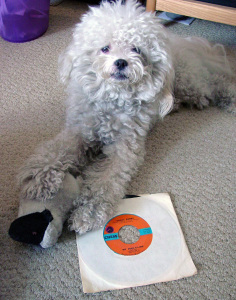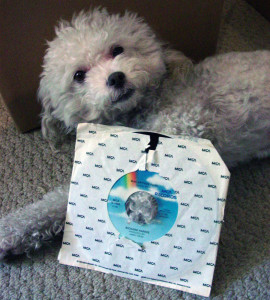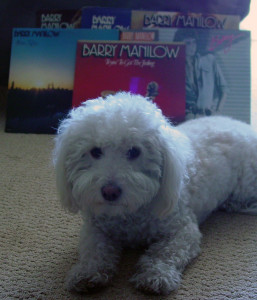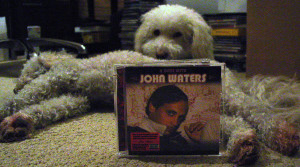Rock-and-Roll Hall-of-Famer and one of the original architects of the music form, Chuck Berry, has given the world several undeniable classics. “Johnny B. Goode,” which peaked at #8 on the Billboard pop charts in 1958, was ranked as the seventh greatest song of all time by Rolling Stone magazine, who also placed it at #1 on their list of the 100 Greatest Guitar Songs. “Johnny B. Goode” is also included on the Rock and Roll Hall of Fame’s list of 500 Songs That Shaped Rock and Roll, a list which also includes Berry’s first hit single, “Maybellene” (#5, 1955), a song about which Rolling Stone said “Rock and roll starts here,” and “Rock and Roll Music” (#8, 1957, and later a top ten hit for The Beach Boys). “Roll Over Beethoven” (#29, 1956) was #97 on the Rolling Stone Greatest Songs of All Time list and is included in the Library of Congress’ National Recording Registry. Like “Rock and Roll Music,” it was later remade by The Beatles. “Sweet Little Sixteen,” whose music formed The Beach Boys’ “Surfin’ U.S.A.,” peaked at #2, “School Day” peaked at #3, “No Particular Place to Go” peaked at #10, and “Back in the U.S.A.” peaked at #37. During his entire career, the legendary Chuck Berry had only one #1 single, and it was a song about his dick.

In 1972, after eight years without a top 40 hit, Chuck Berry unleashed “My Ding-a-Ling,” a song which sounded an awful lot like Berry’s 1966 recording “My Tambourine.” Compare the first line of each song.
“My Tambourine”:
“When I was a little bitty boy my grandmother bought me a cute little toy.”
“My Ding-a-Ling”:
“When I was a little bitty boy my grandmother bought me a cute little toy.”
Do you see the similarities? Grandma Berry was a giver, showering little Chuck with things with which he could play.
Little Chuck loved his ding-a-ling. He played with it at school and held it while swimming a creek and climbing a wall.
Though the lyrics pretend to be about a toy, many radio stations knew it was about Berry’s dick. They tried to give him the shaft by refusing to play the song, but they couldn’t keep Chuck’s ding-a-ling down. Up it went, getting bigger and bigger, constantly growing, a rock solid hit shooting up the charts, climaxing on October 21, 1972, when it knocked Michael Jackson’s “Ben” from #1.
Just as Sir Mix-A-Lot’s “Baby Got Back” is about more than a big butt – it’s about black pride – so is “My Ding-a-Ling” about more than Chuck Berry’s dick. On the album The London Chuck Berry Sessions, from which this live recording is taken, Berry introduces it as “a beautiful song about togetherness.”
He performs the number as a sing-along, instructing the women in the audience to sing “my” and the men to sing “ding-a-ling” whenever the chorus rolls around. While complimenting the audience on their participation, he points out one guy singing “my” and says “That’s alright, brother. Yessir. You got a right, baby. Ain’t nobody gonna bother you.” Equality and togetherness – that’s what the song is about. By the way, the album version of the song goes on for nearly twelve minutes. That’s a long ding-a-ling. I can get together with that.
There is some controversy as to who wrote this ditty. Dave Bartholomew claims he wrote it. He recorded “My Ding-a-Ling” in 1952. Chuck Berry credits himself as the song’s sole writer; however, in the introduction to the song, he says it’s a song he learned back in the fifth grade.
To date, “My Ding-a-Ling” stands as not only Chuck Berry’s sole #1 single, but it’s also the only #1 single about Chuck Berry’s penis.
Today Tunes du Jour celebrates the 88th birthday of Chuck Berry and his penis. Here is “My Ding-a-Ling” and 19 other Berry recordings that should have been as big as his ding-a-ling.
Click here to like Tunes du Jour on Facebook!


